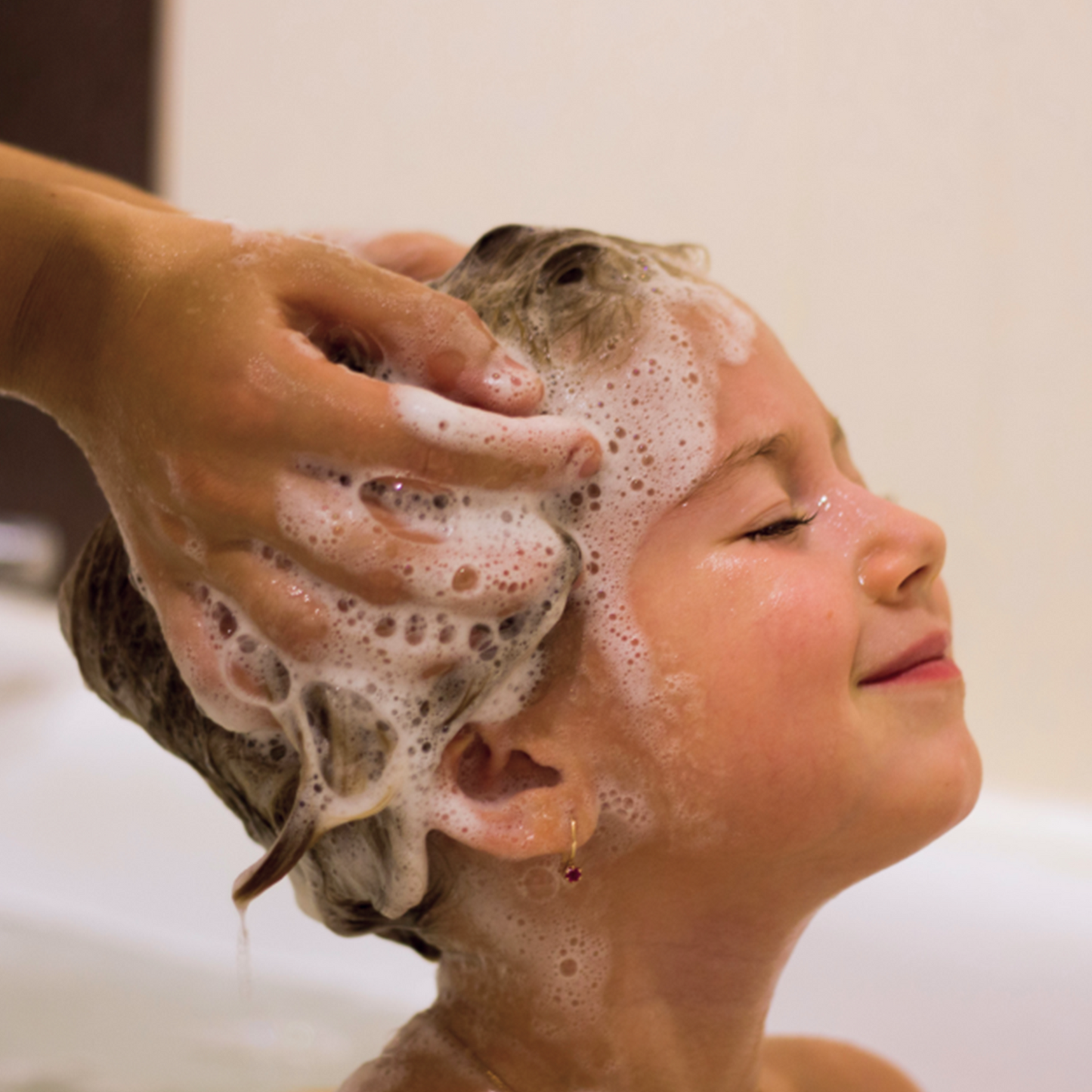
Shampooing your hair is an important component of your regimen since it removes dirt, dust, debris, and pollutants from your hair and scalp. When you spend so much time in the bathtub washing your hair with chemical baked shampoos, it's crucial to understand that they're causing more harm than good to your hair. Lustrous hair is indeed the best thing to have, but maintaining it at early age is bit of a task. Hair issues are common, and despite a variety of DIYs and homemade hair packs, we rarely achieve the desired outcomes. Then there's a chance that something is wrong with the things you're utilising.
With our fast-paced lifestyles, we may not have the time to follow a rigid hair care routine or conduct research on non-toxic products. These chemical-laden products not only cause hair loss, but they also degrade hair quality and may cause skin irritation and scalp problems. Thinning, split ends, rough texture, increase hair loss and other issues can be caused by inclusion of chemicals like parabens, sulphates and other toxins. With the changing seasons, taming your tresses might seem like a nightmare, so switch to chemical-free shampoos to escape all of the stress. Commercial shampoos contain a variety of chemicals that can take the natural oils from your hair and scalp, causing them to become dry and lifeless. Over-shampooing your hair with these harsh chemical-based shampoos is the worst hair care sin of all, therefore finding a natural alternative is crucial.
With our guide to getting started with the correct ingredient list that your shampoo shouldn’t have:
- Parabens
Parabens are a class of preservatives found in cosmetics, personal hygiene items, food, and pharmaceuticals. They are very good at preventing the growth of fungi, bacteria, and yeast, which can destroy food. As a result, they immediately contribute to product quality by extending shelf life.
They can cause skin irritation and allergies, especially in people with sensitive, damaged, or cracked skin. Parabens have been shown in studies to be particularly inflammatory in people who have psoriasis, eczema, or a pattern of contact dermatitis. Parabens have been linked to an increased risk of reproductive disorders, according to study. These alterations may have negative health consequences for both women and their children, including reproductive disorders and an increased risk of cancer in adults, as well as developmental problems in children.
- Sulphates
When sulfuric acid combines with another chemical, sulphate is formed. It's a catch-all word for a variety of synthetic sulphate-based compounds, including sodium lauryl sulphate (SLS) and sodium laureth sulphate (SLS) (SLES). Petroleum and plant sources such as coconut and palm oil are used to make these chemicals. They're most commonly found in cleaning and personal care goods. SLS and SLES are mostly used in products to create lather, which gives the impression of more cleaning power.
Long-term usage of SLS and SLES can irritate the eyes, skin, and lungs. SLES could also be contaminated with 1,4-dioxane, a chemical that has been shown to cause cancer in experimental animals. During the production process, contamination occurs.
